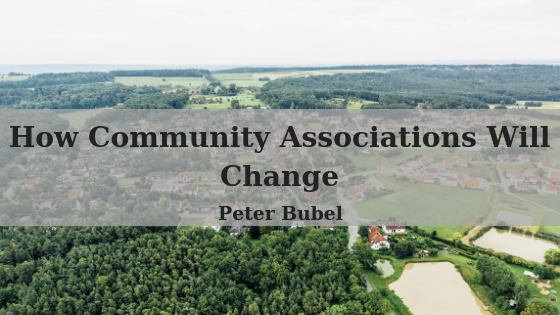In many neighborhoods, belonging to a community association is just a fact of homeownership that we have to accept. That’s not to say that these associations are stagnant and unyielding. To the contrary, community associations are expected to evolve substantially as millennials begin buying up property in cities across the country.
Learning About New Regulations
Whether they want to or not, community associations will move towards progress in the coming years. This is partly because state legislators are paying greater attention to these associations and enacting new laws to guide how they operate. In the past, few laws interfered with the association/homeowner relationship, but, as the number of community associations swelled, state governments took greater notice. As a result, community associations will have to adapt to new regulations or face the consequences.
Accommodating the Millennial Mindset
As the next generation of homebuyers begins to flood the market, community associations will have to adapt to appeal to their needs. Millennials have a distinctive mindset that sets them apart from previous generations. In particular, they value the freedom of choice more than older generations, so community associations may have to adapt to speak to those views. Additionally, these new home buyers are technologically savvy, concerned about the environment, and eager to build communities of their own. This is a tall order that community associations will be expected to meet.
Millennials Want More Transparency
Community associations will also have to adjust their methods of operation. In the past, it was normal to put forth a set of rules, collect dues, and distribute funds to cover the most pressing expenses. That’s not going to be satisfactory with millennial homeowners. They’re going to be interested in learning exactly how the association operates and they will want a say in how funds are distributed. Their eagerness to build a strong sense of community will mean they expect amenities to be maintained in good condition, so it will be easier to organize community events.
In order to give the next generation of homeowners what they need, community associations are going to have to change how they operate. This may mean maintaining close ties with other professionals, such as real estate agents and property developers, but it will also mean listening to what homeowners want. The days of dictating rules and operating autonomously may soon be at an end.

